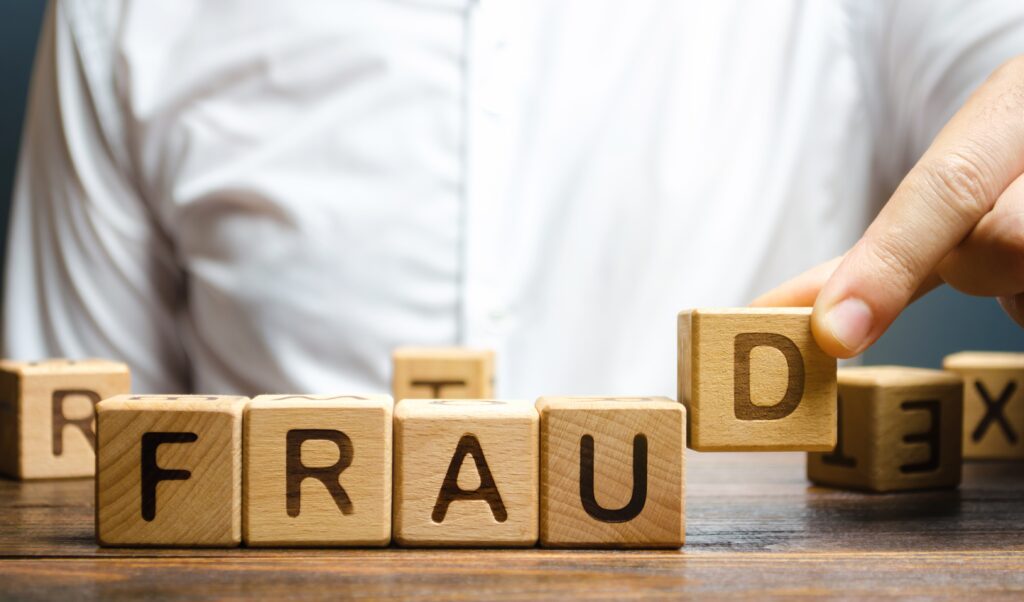Avoid Being a Victim of Promissory Note Fraud
by Admin Istrator | November 17, 2021 6:54 pm

According to the North American Securities Administrators Association (NASAA,) promissory notes schemes are one of the most common sources of complaints by investors. Promissory notes are used by many large companies and high net worth investors to raise money and can offer high returns. However, the ones that are broadly marketed to individual investors very often turn out to be scams. The Securities and Exchange Commission (SEC) and state regulatory authorities are working in unison to combat the sale of fraudulent promissory notes, but it’s impossible for them to shut down every scam. That’s why it’s important to hire an experienced investor advocate attorney before you purchase promissory notes as an investment.
What Is A Promissory Note?
A promissory note is a contract in writing to pay a specified amount of money upon demand or on a specified future date. They are forms of debt similar to an IOU or a loan, so they are only worth the paper they’re printed on if the promising party is solvent. Most promissory notes also pay income in the form of interest, either periodically or as a lump sum when the promissory note reaches maturity. Promissory notes are usually purchased by corporate investors that have the resources to determine whether the company issuing the promissory notes has the ability to make good on it’s promises. When they’re sold to individual investors with limited resources touting fixed interest rates that are well above market and guarantees of protection of principal, they are often fraudulent schemes rather than legitimate promissory notes.
Promissory Note Scams
Promissory note scams have become one of the most popular fraudulent schemes[1] of the twenty first century, defrauding millions of investors throughout the country. Many of the scams involve life insurance agents, or other trusted business people in the community, that are earning commissions as high as 30% of a sale selling promissory notes to their insurance clients. These agents are usually not licensed to sell securities and merely parrot whatever they’re told about the about the promissory notes without doing any research on their own. Investors are lured into purchasing these promissory notes by high fixed rate returns of up to 20% and bogus claims that they are insured or guaranteed. The fraudsters behind these scams will keep them going by using a portion of the money they bilk out of investors to pay the insurance agents their commissions. In some cases promissory note scams can form the basis of a Ponzi scheme, where the proceeds from the sale of notes pays the interest on previously sold notes, keeping the scheme in place. Next, investors seeking their principal back are persuaded to roll over their earnings into new notes, but the principal is never paid back. There was a major scam throughout the country where investors were promised interest of 13% over nine months for investing in a coffee company that defaulted on all it’s notes, causing 100% of the investors to lose all of their initial investments. Promissory note scams prey on the long term relationships that people have with their insurance agents and are often targeted at elderly people on fixed incomes that are seeking additional income.
How To Spot A Promissory Note Scam
It’s wise to be skeptical when a businessperson in your community mentions that they are seeking investors for a business looking to raise money to expand, but for some mysterious reason prefers not to borrow money from banks. Instead, the company is offering promissory notes to people just like you that pay 8% interest on a monthly basis and mature in only twelve months. You’re told that the beauty of this lucrative and safe investment is that it’s guaranteed, immune from market volatility and that these precious notes are likely to sell out by the end of the week or even by the end of the day. They’ll encourage you to sell stocks and bonds or borrow money from your retirement account to purchase the notes. The red flags here are returns way above market rates and other promises that are too good to be true. Why would anybody take a risk on the stock market if they could safely count on earning 8% interest? Another good question to ask is why a business that had good credit would pay 8% interest monthly when banks are offering much lower rates? Institutional investors and sophisticated high net worth investors always hire investment attorneys to perform due diligence before purchasing promissory notes. Small investors considering purchasing promissory notes are wise to follow suit.
How To Safely Purchase Promissory Notes As An Investment
Investing in promissory notes requires a great deal of scrutiny due to the preponderance of fraudsters and scams, but it is possible to make a wise investment in this type of security. The first step is to check the EDGAR database for the Security and Exchange Commission (SEC) or to contact your local securities regulator to confirm that the promissory notes you’re considering purchasing are either registered or legally exempt from registration requirements. You can also call the FINRA public disclosure hotline to find out whether there have been complaints of fraud against this company. Ask the seller how much they are getting paid in commissions and how much research they have personally done on the company they are selling notes for.
Did You Lose Money Investing in Promissory Notes?
- fraudulent schemes: https://mdf-law.com/practice-groups/securities-litigation/investment-fraud/
Source URL: https://mdf-law.com/promissory-notes-fraud/